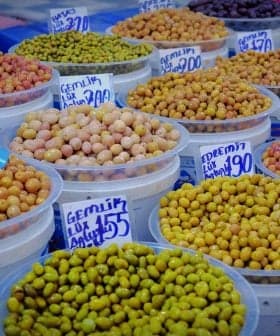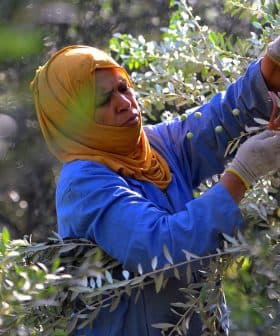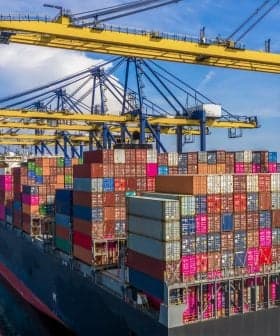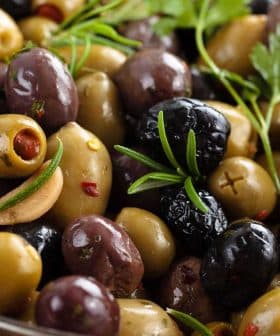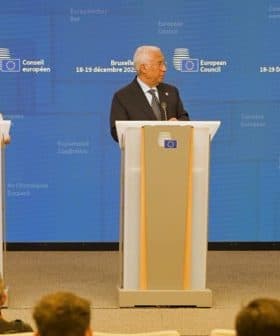Israel Increases Duty-free Import Quotas on Olive Oil
Spanish producers are closely watching as the Israeli Minister of Economy seeks to stabilize olive oil prices.
 Tel Aviv
Tel AvivIsrael is increasing its duty-free olive oil imports, with licensed importers able to bring in 1,700 tons immediately and 2,000 tons by 2020, as part of an effort to stabilize prices. This move has already led to a 7.3% decrease in olive oil prices in Israel, with Spain hoping to increase its exports to the country due to the new market opportunities.
Israel is in the process of opening up its olive oil markets to the world, having raised its quota for duty-free olive oil imports.
Licensed importers will immediately be able to bring 1,700 tons duty-free into the country, with this figure set to rise to 2,000 tons by 2020.
The move comes as Eli Cohen, Israel’s Minister of Economy and Industry, seeks to stabilize prices.
“The new plan has brought certainty to the market, and is a message to all the elements in the olive oil industry: farmers, manufacturers, importers, retailers and consumers,” he told Calcalist, an Israeli trade journal.
Israel began opening the market two years ago when the Ministry of Finance sought to temporarily reduce prices for the Passover holiday. This came in the form of quotas that have been continuously extended into what they are today.
The stated goal of the quotas is to reduce consumer prices. Eight importers, which make up 90 percent of the olive oil retail industry, have received the duty-free allocations. About 30 percent of the oil that is brought in will be bottled directly, while the rest will be sent to local mills to blend with Israeli oil.
Importers are already allowed to bring in 1,200 tons of olive oil from the European Union and Jordan at reduced customs rates due to a free trade agreement.
Since the news of the duty-free allocations was made public, olive oil prices in Israel have decreased by an average of 7.3 percent.
“We are keeping track of the consumer prices of companies that have been exempted from duty-free quotas,” Cohen said.
Last year, Israelis consumed 21,000 tons of olive oil, of which 5,000 tons were imported. Spanish olive oil exporters, many of whom are keeping their eye the market, certainly hope that both of these figures go up.
“Spain is the main exporter of olive oil to Israel, with €14.5 million ($16.9 million) sent in 2016,” José María Blasco, head of the Spanish Economic and Commercial Office (ICEX) in Tel Aviv, said.
“[The impact will be] interesting and with some impact in Spain for exporters since they will be able to increase the amount of oil they send here.”
According to ICEX’s Tel Aviv office, about one-third of the final price of Spanish olive oil in Israel is due to tariffs. Blasco contends that this will be good both for Spanish exporters of individually bottled oil as well as bulk oil, in part because Spanish olive oil is kosher.
Many in Andalusia see the opening Israeli market as a new destination for olives that would have otherwise gone to the United States. Some are optimistic that these olives, which may have otherwise rotted on tree branches due to the impending American tariffs, have found a new destination.
A spokesperson for the Spanish Association of Exporters and Industrialists of Table Olives (ASEMA) acknowledged Israel as a good alternative but warned that a reprieve from tariffs there would not solve the problem.
“Obviously, [Israel] is one of the destinations for the olives that otherwise are going to stay on the trees as the demand lowers,” the spokesperson said. “The companies are going to try to compensate with other markets, but that is unlikely to be a long-term strategy and will not fully compensate [for losses from U.S. tariffs].”
Blasco also warned about exaggerating the relief that these new duty-free quotas will bring to the region. He said that oil from Turkey, Jordan and Tunisia would continue to compete with Spanish oil in Israel, “although with volumes much lower than the Spanish oil.”



